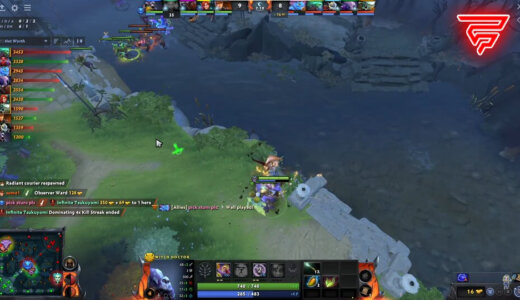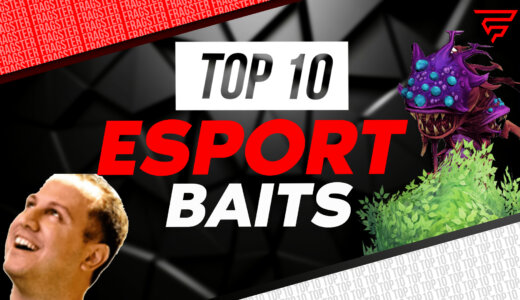The new AI bots from Google and Bing both take advantage of human-made content and displace it at the same time. This will probably change the Internet as we have known it.
With ChatGPT’s massive growth making headlines every day, Google and Microsoft have responded by introducing AI chatbots integrated into their search engines. It is obvious that AI is the future. Just wondering if that’s good or bad.
AI is revolutionizing the way we work
Artificial intelligence is a powerful tool that can be used to improve human learning and productivity. But both Microsoft’s “New Bing” chatbot and Google’s “Bard” come with a catch, and the companies are sort of hoping that readers won’t care where their information comes from or who disseminated it.
The two AI machines, based on information from human authors, are positioned as alternatives to the articles they learned from. The end result could be an internet with less free information and fewer experts.
Bard proclaims false facts
Google demonstrated Bard both in a tweet and at a live-streamed event, where not only factual answers were given, but recommendations as well. The company was embarrassed when one of Bard’s answers was revealed to be factually incorrect, but the problems with Bard and New Bing go far beyond inaccuracy.
The bot appropriates data from millions of articles written by people who are not recognized or rewarded for their work. But you don’t realize that when you look at Bard’s results.
Raghavan showed Google an answer to the question, “What are the best constellations to look for when stargazing?” Instead of displaying the best articles from around the web on the subject, the search engine will display its own mini-article with its own set of recommended constellations. There are no quotes to show where these “different viewpoints” came from, nor is there anything to support the claims made.
Problems with the bots
Many critics are rightly concerned about possible factual inaccuracies in the chatbot results, but we can safely assume that over time the technology will get better at weeding out errors. The bigger problem is that the bots give you advice that seems to come out of nowhere – despite being compiled from content by human authors that Bard doesn’t even acknowledge. Ironically, Google’s initiative conflicts with the key criteria the company says it favors when ranking organic search results.
The company advises web publishers that it takes “Experience, Expertise, Authority & Trust” into account when deciding which articles are at the top of a page and which are at the bottom. Criteria such as the author’s background, the description of relevant experiences and the reputation of the publication as trustworthy are taken into account. By definition, a bot cannot meet any of these criteria.
When there is no single correct answer, human content matters most. We want advice from a trusted source, someone who is knowledgeable on the subject and has a professional set of opinions based on experience. Knowing the author also allows us to make a judgment about the trustworthiness of the information.
Fast texts, no sources
Google hopes that in a world where everyone has an opinion and speaks out on social media, user expertise will no longer matter. The company expects you to simply read what’s at the top of the screen, believe it as well as anything else, and then stay on the site so you can watch the ads, a revenue stream, uninterrupted. Leaving the search engine takes you to another provider’s website, where Google may or may not be responsible for serving the ads.
Bing’s new chatbot implementation is a bit better than Google’s in that it does show sources but buries them in tiny footnotes, some of which aren’t even visible unless you click a button to get the answer to expand.
We don’t know whose bias or opinion or agenda is behind the texts on the web that the bot lists. The data could even come from advertising.
Ultimately, the AI text programs could even put some publishers out of business. Others might retreat behind paywalls, and still others might block Google and Bing from indexing their content. The AI bots would run out of quality sources to exploit, making their advice less reliable. And readers would then likely have to pay more for quality content.
Header: Google







